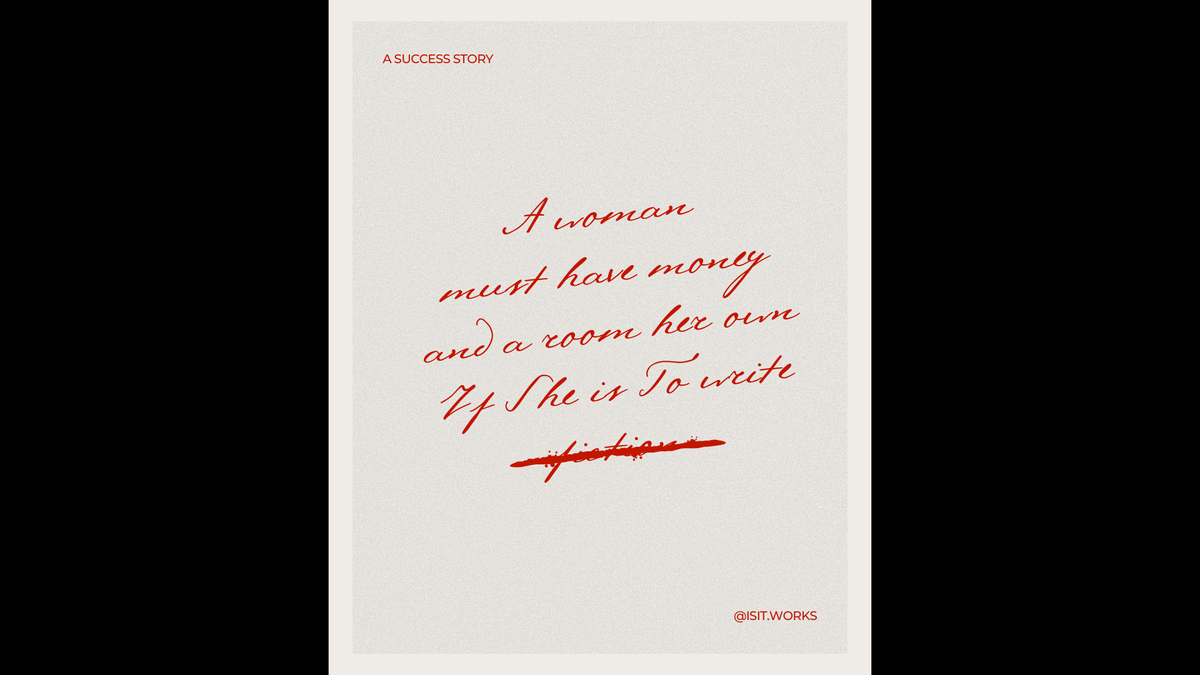
So you’re approaching mid-career. You have a stable job that pays a good income. You save consistently, and you bring lunch from home when you come into the office. Only if you have to, of course, because why spend $60/day when you can spend $0? You still walk or bike where you can, and take only public transport everywhere. You might even already have ETFs with DCAs set up and contribute to your retirement fund.
You might have felt something was off, but couldn’t quite put your finger on it. Despite having “done everything right”, the dream of FIRE, Financial Independence, Retire Early that everyone touts so much is still so out of reach, and no amount of manifesting brings you closer to it.
Even though you’ve worked harder, sacrificed more than people who spend as soon as they get, you don’t feel like you’re getting ahead.
Well, join the club.
You see, thanks to 7 years of diligent saving and investing fairly early in my career, and the good luck of getting together with another good saver, our little household of 2 is projected reach $10M in today’s dollar by the time we’re 60. Problem is, we’ll be 60 by then.
A Sob Story
$10M sounds like a lot, before you realise that it’s 30 years away, and that the other $5M will only compound in the last ~10 years of it. The first 20 years is a grind of double fulltime incomes at a minimum of 50%+ post-tax savings rate.
In order to stay on track, as of 2024 we can only sustain the two of us and another 1.5 person. So we’ll have to choose who to support: a child, or one set of parents?
It’s a lean life on a long lease.
Heaven forbid that a family member gets a long-term health problems. That’ll put quite a dent in the compounding. Sorry mum, you can’t come live with us, because you’re 70 and you don’t qualify for social security. Best hope that neither of us will have to stop working, too.
30 years of good luck is a big ask.
Is this all that’s ahead of me?
Seeking £500 a year, and a Room of One’s Own
I looked around, and most FIRE blogs are focusing on “spend less, compound”. They teach you to be frugal and patient, but not go beyond “passive-invest, and homestead where you can”. If you’re lucky, it’ll graze on how to negotiate salary as well, addressing the underserved half of the personal finance component.
There are exceptions, but women-targeted finance blogs and investment products are especially guilty of feel-goods and not enough bite-hards. It’s the Bic pen for women all over again.
Without earning more nor compounding faster, there’s only 1 lever I can pull to reach there faster: live smaller.
Don’t have kids. Move to a “third world” country, which I’ve ironically moved out of. Never go out; live small. Maybe pick a New Game+ life partner for good measure; unfortunately I like mine too much, the lack of inheritance notwithstanding. Scrutinise every expense, maximise tax deductions (which doesn’t make sense as it encourages spending), stay home and save.
It echoes the message on how a good girl should live: keep small, and on someone else’s terms.
Double down on that if you’re introverted and shy, too.
There’s got to be another way.
A woman must have money and a room of her own if she is to write fiction. This rings just as true in 2024 as it was in 1928, when Virginia Woolf published A Room of One’s Own.
Should I choose to tread lightly, I want it not to be out of deprivation, but rather of my own terms.
If I should want a life that can support more, that too, should be possible.
I want to create a life that’s bigger than this. But how?